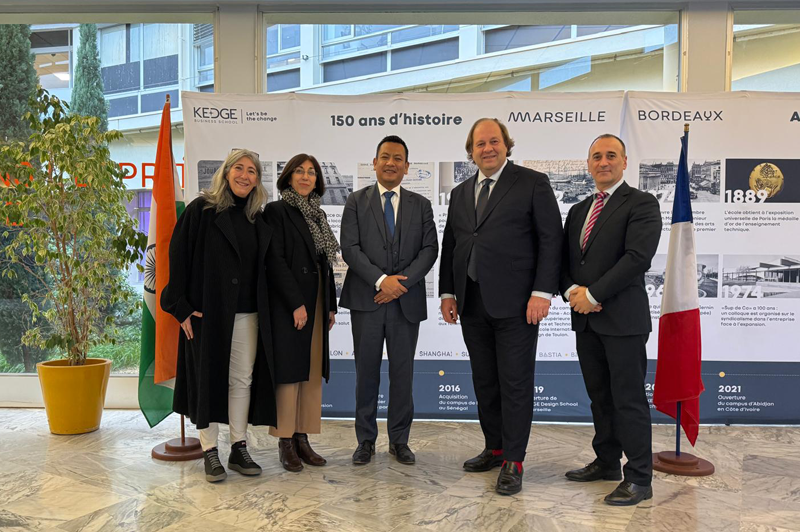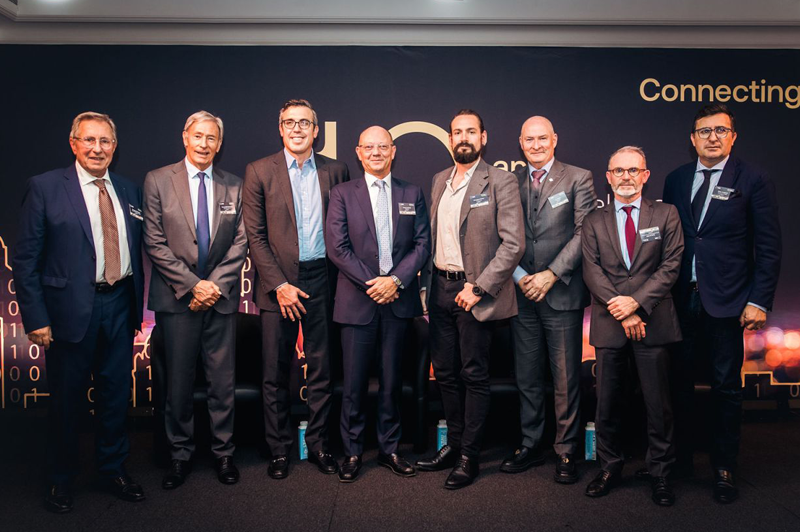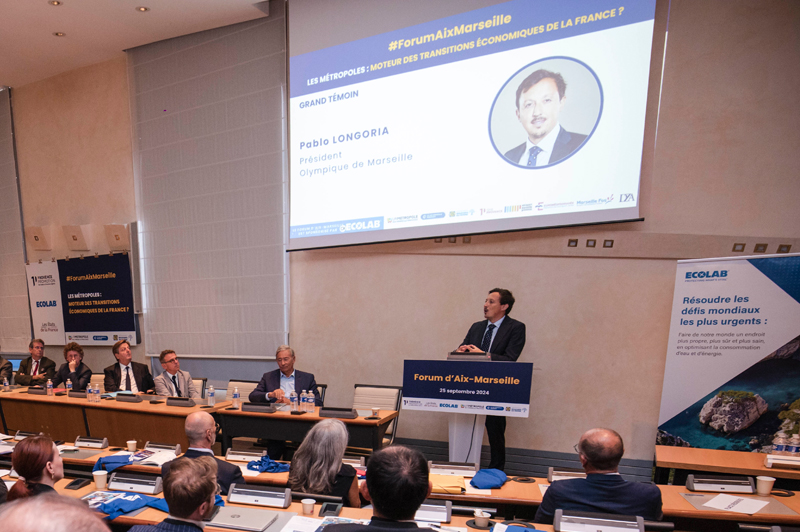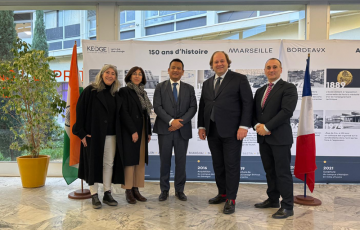Economic Evolution: The Pioneering Role Of French Metro Areas
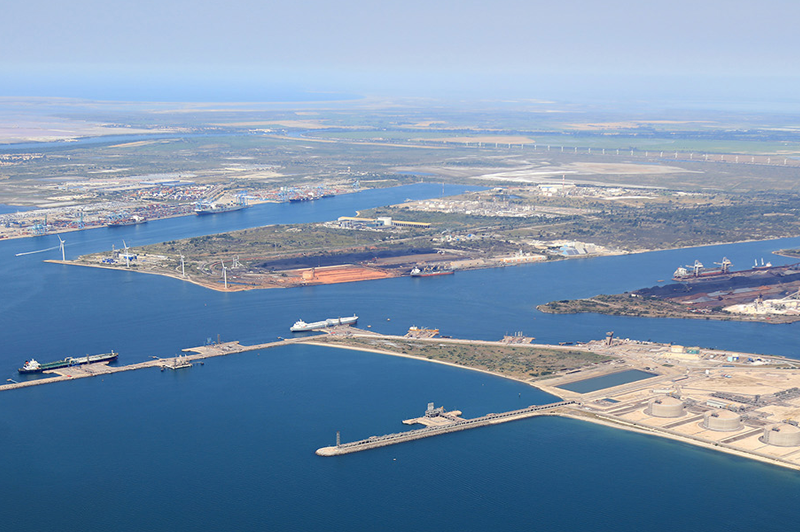
The French economy is undergoing major transitions and metro areas are at the forefront of this movement, particularly in sectors such as healthcare and green technologies. Ambitious initiatives in regional urban areas are decompartmentalising knowledge, mobilising key stakeholders, driving innovation, and attracting international companies. As part of the Forum Aix-Marseille, three top executives from French subsidiaries of global corporations emphasised how metro areas are spearheading positive change in France: Jean-Michel Mercier, Chairman of Infineum France, Dr Luca Mollo, Vice-President and Medical Director of Pfizer France, and Thierry Troudet, Chairman of Ecolab France.
France’s metro areas have the essential strategic assets required to meet the crucial challenges of economic sovereignty and the green transition. This was clearly demonstrated by the EY France Attractiveness Survey 2024. Presented by Marc Lhermitte, a Senior Partner at EY, the survey places France in the #1 position for economic attractiveness among European countries for the 5th consecutive year.
To manage pressures related to the use of space in urban areas and the need for people to feel they have a positive role in their communities, metro governments are using incentives to experiment with new economic models and to accelerate change towards greater independence and sustainability.
In the Aix-Marseille-Provence metropolitan area, which is the second largest in France in terms of population, the Marseille Immunology Biocluster (MIB), which is being led by Aix-Marseille University and the AP-HM Marseille Public University Hospital System with the support of the local authorities, is creating a European hub that combines world-class immunology therapy, fundamental research, and clinical trials.
Dr Luca Mollo, Vice-President and Medical Director of Pfizer France, noted how bioclusters such as the one being created in Marseille will enhance the country’s economic attractiveness: “These bioclusters have the potential to revolutionise the development of innovative medicines and improve the treatment of many diseases while also encouraging the relocation of certain critical industries. These initiatives can only succeed if all the public and private stakeholders work closely together along the entire value chain, from research to production to distribution.”
France must enter a new era: a third industrial revolution
Major metropolitan areas need to ensure that they have a productive future in the new economy and they can use the Port of Marseille Fos as a model. The port has received official ZIBaC low carbon industrial zone status as part of the call for projects issued by ADEME, the national agency for the green transition. ZIBaC status opens the door to greater support from the France 2030 public investment programme.
The Port of Marseille Fos is situated in a territory that accounts for almost a quarter of industrial CO2 emissions in France. The ZIBaC zone and the associated investments will help to speed up decarbonisation by mobilising all the stakeholders in the area (industrial companies, experts, local representatives, etc.) to focus their energies on five priority courses of action, including the large-scale recovery and storage of CO2, diversification of the energy mix, and optimising resources using an Industrial and Territorial Ecology (ITE) approach.
“The industrial renaissance will inevitably require decarbonisation. But decarbonisation needs phenomenal quantities of water. The territory’s manufacturers must join forces to achieve resilient water management,” explained Thierry Troudet, the chairman of the French branch of the American company Ecolab.
“Manufacturers have the solid research and development capabilities needed to define a trajectory for reducing CO2 emissions. The collective work carried out as part of the ZIBaC at the Port of Marseille Fos is enabling us to make progress with all the local stakeholders. The zone offers an ideal framework for manufacturers to diversify their activities,” said Jean-Michel Mercier, Chairman of Infineum France, a joint venture between Shell and ExxonMobil.
The Forum Aix-Marseille was held in Marseille on September 25, 2024. It brought together more than a dozen high-profile speakers and more than a hundred business leaders to make recommendations on how to make France more attractive for investment and talent. The event showcased the dynamic work being done in the Aix-Marseille metro area to propel the economic transitions that are already underway in France. The Forum Aix-Marseille will provide recommendations to the États de la France conference on the French economy that will be held on November 28, 2024 at the CESE consitutional consultative assembly.
***
We, Jean-Michel Mercier, Chairman of Infineum France, Dr Luca Mollo, Vice-President and Medical Director of Pfizer France, and Thierry Troudet, Chairman of Ecolab France, stand behind this article to affirm the strategic commitment of France’s metropolitan areas to the country’s economic future.



 +33 4 96 11 60 00
+33 4 96 11 60 00





